
What exactly is fundoplication?
Fundoplication is a surgery procedure that is done in cases of people who suffer from GERD or more precisely from gastroesophageal reflux disease but it is done only when the treatment with medications fails to give any positive results and when the symptoms remain. The purpose of this procedure is to strengthen the lower esophageal sphincter which is located between the esophagus and stomach, because this condition occurs when this bottom part of the esophagus is either too weakened, or too relaxed, since stomach acid can easily flow back up into the esophagus then, thus causing frequent heartburn. If this happens frequently it can lead to the inflammation of the esophagus which can further cause bleeding or problems with breathing.
During the procedure, the fundus, or the upper part of the stomach, has to be wrapped around the esophagus, and there are two approaches, the abdomen approach, and the chest approach, which is usually done in cases of overweight patients. For several reasons, more and more, fundoplication is done laparoscopically. The most important one is the fact that there is no incision which means that less pain is involved and the period of recovery is much shorter than after the open surgery. It requires only one or two days in the hospital. On the other side open surgery requires a very long incision, and thus several days of staying in the hospital. In comparison to the laparoscopic procedure after this one the patient will need at least two weeks more for the recovery. Both procedures do require general anesthesia.
What are the possible complications?
This procedure is considered to be one of the more serious ones which is why it is important that it is done by surgeons who are experienced in this area of medicine. Since it is important to wrap the stomach around the esophagus correctly, if it turns out it has been wrapped too high or too tightly it may cause problems with swallowing. This complication is more frequent in procedures that have been done laparoscopically. It is also possible that the heartburn will return, or that the patient will have problems with excess gas and bloating. The gases may accumulate since the person is unable to burp after the surgery. Just as it is the case with other major surgeries there is the risk that the patient will not react to the anesthesia properly as well as there is a risk of infections and bleeding. Some complications may be permanent because this procedure is irreversible.



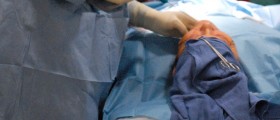



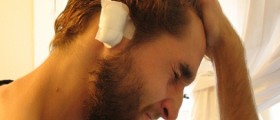
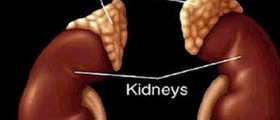
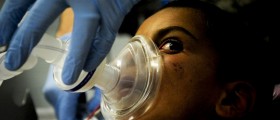
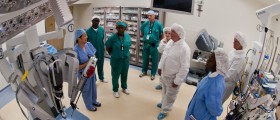
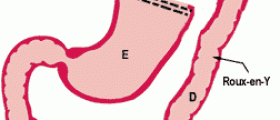


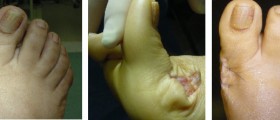
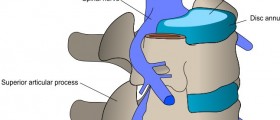
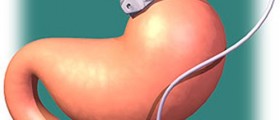
Your thoughts on this
Loading...